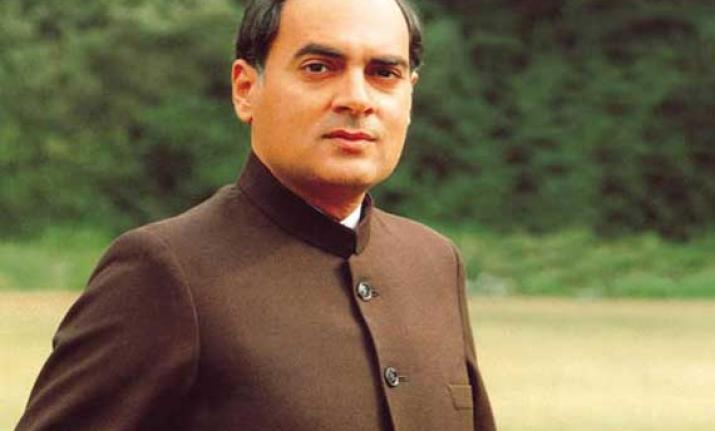Congress hails Rajiv Gandhi as the modernizer of India or the person who prepared the country to enter in the 21st century. What it hides from people of the country is that the economic policies of Rajiv Gandhi were responsible for the infamous Balance of Payments (BoP) crisis. There is no doubt that economic growth of the country was good during Rajiv Gandhi government but this growth was financed by deficit spending (the amount by which spending exceeds revenue over a particular period of time) which led the country on the verge of defaulting on loans. The political backstabbing by Rajiv Gandhi to Chandra Shekhar government also contributed to the BoP crisis in the country. So, both economically as well as politically Rajiv Gandhi was responsible for BoP crisis.
“There are two reasons for the crisis of 1991, the first reason was the economic policies we followed after 1985, Rajiv Gandhi borrowed internationally very heavily and the fiscal deficit went up, Balance of Trade deficit went up and external debt to the country went up. The fiscal management by Rajiv Gandhi was criticized by many economists, but then a second factor which contributed to the crisis was that when the V P Singh government fell. R Venkat Raman agreed to swear in a minority government, led by Chandra Shekhar, on the condition that Rajiv Gandhi will allow the government to present a budget in parliament and to deal with the crisis. Rajiv Gandhi gave him the assurance that he will not withdraw the support to Chandra Shekhar. Just one week before the budget, however, Gandhi took the decision to withdraw support and did not allow Chandra Shekhar to pass the budget. That one decision really put the country on the brink of a crisis,” said Sanjay Baru who was media advisor to Manmohan Singh government.
The Congress party was never known for being fiscally prudent. It had become habitual of deficit financing to boost the consumption and GDP growth in last years of the government. Through deficit financing, it used to finance many welfare policies for the people and use this poll plank to win the election. Majority of the population of the country is economically illiterate, so they do not understand that the government (or the people) will have to pay high-interest rate for international and national borrowings through which the inefficient welfare policies have been financed. If the government is unable to pay back loans or give interest amount then it will be declared as a defaulter in the international financial system. To stop the heavy deficit financing, the Vajpayee government passed The Fiscal Responsibility and Budget Management Act in 2003. But the UPA government did not adhere to FRBM limits and crossed the fiscal deficit limit repeatedly. This was the reason behind the macroeconomic instability in the last years of UPA government.
So, the growth financed by deficit spending could not be sustained for a long period and this leads to macroeconomic instability in the later period. Only the governments which prioritize winning election over economic conditions of the country go for deficit spending. India had to pay for misdeeds of Rajiv Gandhi government by mortgaging its gold in England.
